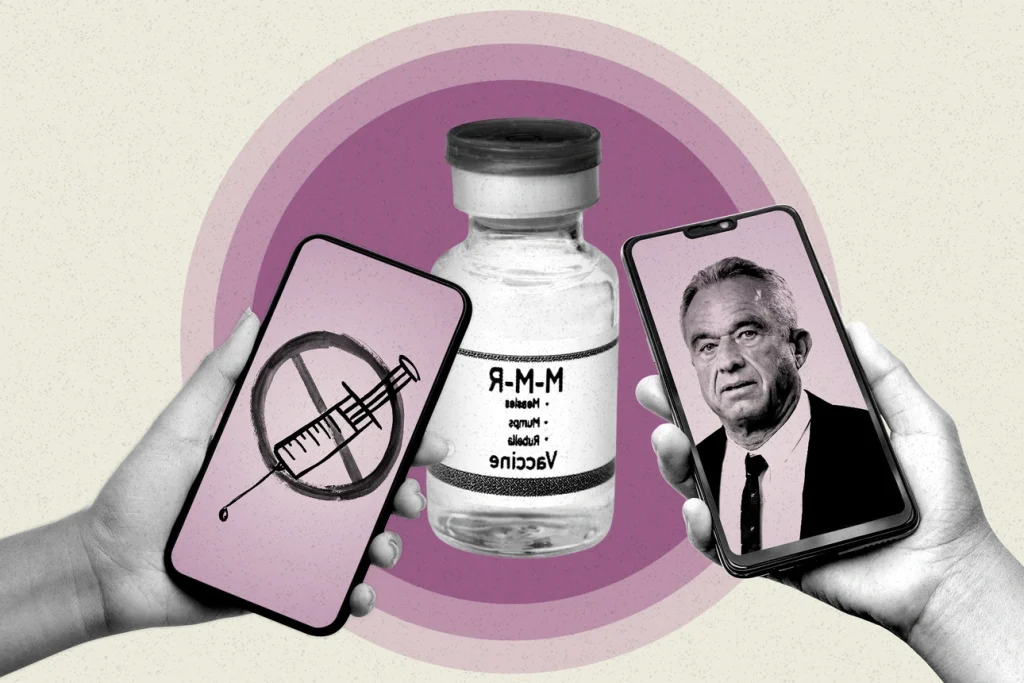
The U.S. is facing a resurgence of measles cases, with over 1,000 reported this year, raising concerns among health officials. The outbreak has spread to 29 states, claiming lives and prompting local lawmakers to reconsider vaccination policies.
State Actions and Controversies
Idaho recently banned vaccine mandates for schools and businesses, while West Virginia allowed religious exemptions from immunization requirements. Lawmakers in several states are debating measures to restrict healthcare access for unvaccinated individuals.
These actions coincide with declining vaccination rates nationally, fueled by skepticism and misinformation. Texas, a long-time hub of vaccine resistance, is now grappling with a measles outbreak, challenging the country’s disease control efforts.
Community Responses and Advocacy
Groups like Texans for Vaccine Choice have gained influence in opposing vaccination legislation, citing parental rights and concerns over vaccine safety. The social contract around vaccination is eroding, with more parents questioning the necessity of immunizations.
Public health experts warn that decreasing immunization rates jeopardize herd immunity, leaving populations vulnerable to preventable diseases like measles and whooping cough. The current measles outbreak threatens the U.S.’ elimination status, highlighting the urgent need for vaccination advocacy.
Legislative Landscape and Future Trends
States like Idaho and West Virginia are reevaluating their vaccine policies, balancing public health with individual rights. Louisiana and other states are considering similar legislation to address vaccine mandates and exemptions.
As the medical freedom movement gains momentum, concerns over vaccine-preventable illnesses persist. Public health advocates stress the importance of trust in scientific institutions and credible information to combat vaccine hesitancy.
It is crucial for states to uphold vaccination requirements while respecting individual beliefs, ensuring public health safety and disease prevention.









